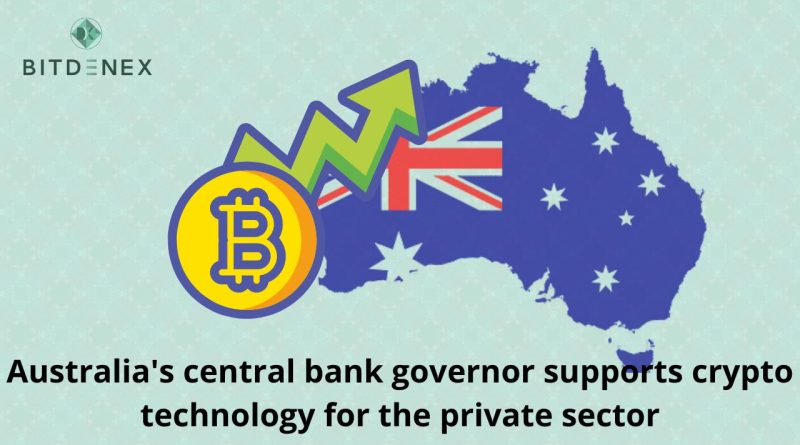Australia’s central bank governor supports crypto technology for the private sector
According to Australian central bank Governor Phillip Lowe, as long as risks are mitigated through regulation, a private solution “will be better” for cryptocurrencies.
The G20 finance meeting was held in Indonesia recently, and Lowe made a comment about it. The Reuters news agency reported on July 17 that officials from other countries discussed the impact of stablecoins and decentralized finance (Defi) on global financial systems.
Stablecoin risks can largely be attributed to de-pegging events. The Terra USD stablecoin UST, now Terra Classic USD (USTC), lost its peg in May and drove down the value of the entire Terra Classic ecosystem. It caused a multi-billion dollar cascade effect leading to Tether (USDT) and the DEI stablecoin briefly depegging.
A strong regulatory framework or even state backing could mitigate the risks to the public, according to Lowe.
“If these tokens are to be widely used, they will need to be backed by the state or regulated just like bank deposits.”
While the regulations would come from the government side, Lowe noted that the technology would be best if the private sector developed it. According to him, private companies are “better at innovating” the best features of cryptocurrencies than central banks.
Additionally, the central bank is likely to incur high costs in setting up a digital token system.”
However, he is not echoed by countries such as China, the European Union, or the Bahamas that are testing or developing digital token systems at central banks.
In the same G20 meeting, Hong Kong Monetary Authority CEO Eddie Yue agreed with Lowe that stablecoins should be scrutinized more closely. As a result, stablecoins would reduce risks in Defi, where stablecoins act as the main transactional currency.
Use this link to sign up and start trading with 0% trading fees at Bitdenex Exchange.

